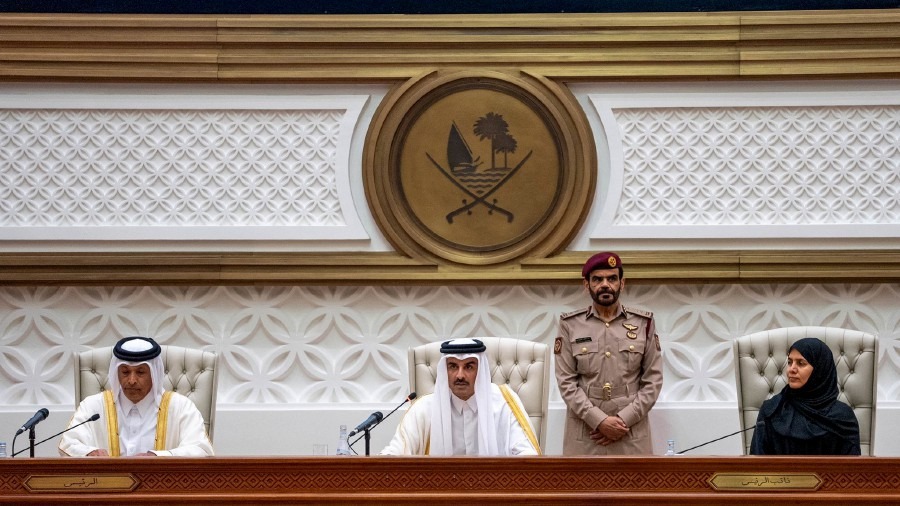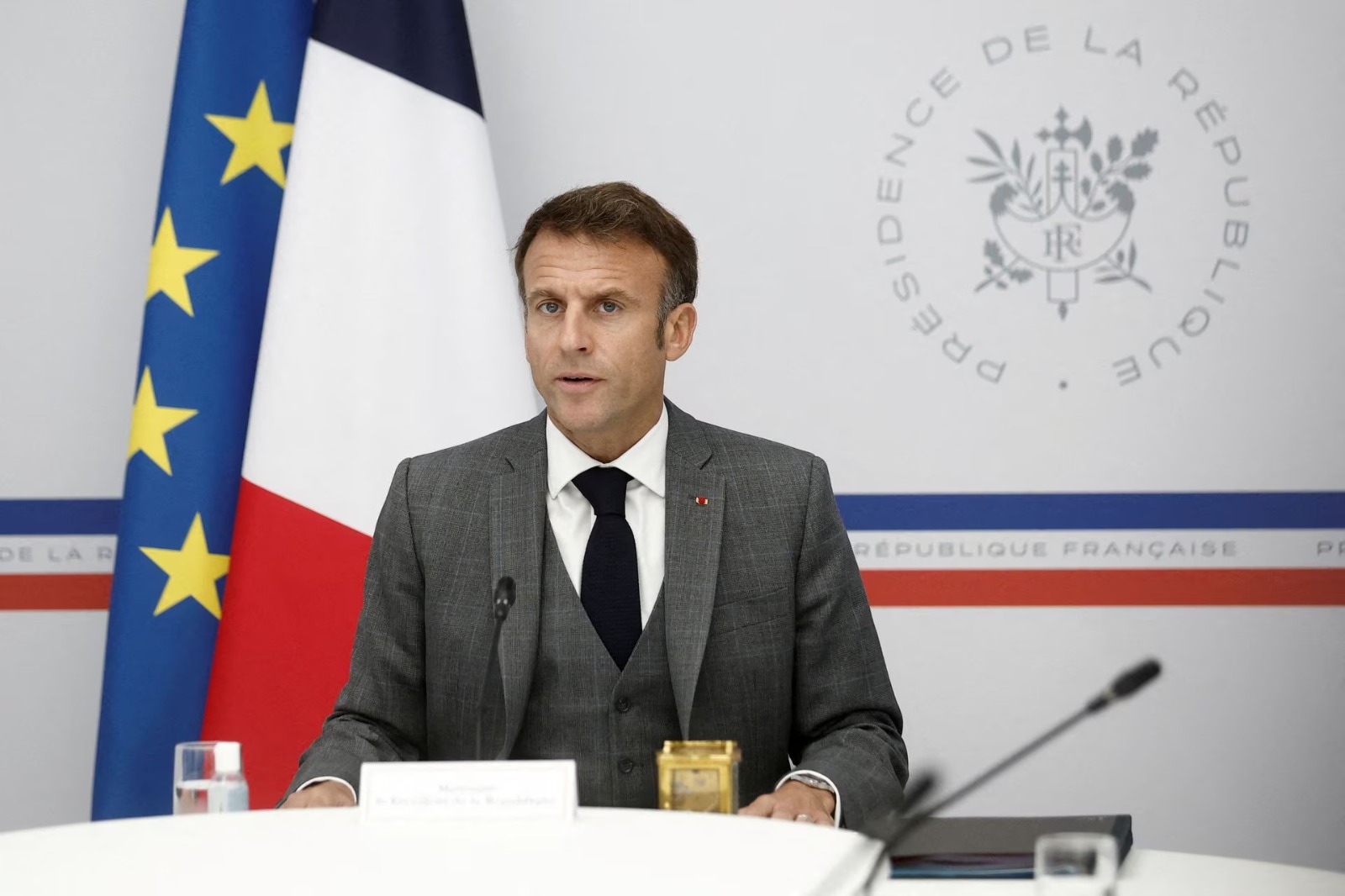In a resounding call for action, Qatar’s Emir, Sheikh Tamim bin Hamad Al-Thani, has denounced Israel’s backers, accusing them of granting an “unconditional green light and free license to kill” in Gaza. His impassioned plea for change came during a meeting of the Shura Council, Qatar’s legislative body, where he questioned the implications of this support for regional security and stability. Major global powers, including the United States, Britain, and France, have rallied behind Israel, asserting its right to self-defense following a recent Hamas raid. This development has ignited a wave of international responses and dialogues, shedding light on the critical issue of the Israeli-Palestinian conflict.
Challenging Israel’s Unchecked Power
The emir’s bold assertion marked a clear stance against Israel’s seemingly unchecked actions in Gaza. He argued that it was untenable for Israel to continue enjoying unquestioning support while ignoring the grim reality of occupation, siege, and settlement in the region. In a poignant statement, he emphasized that the use of basic necessities like water, medicine, and food as weapons against an entire population was unacceptable. He called for an urgent regional and international response to the escalating conflict, which he viewed as a severe threat to both the region and the world. The emir also raised the pressing question of what the aftermath of this war would bring and how it would impact Israelis and Palestinians alike.
International Diplomatic Responses
China’s foreign minister, Wang Yi, joined the chorus of international voices, stressing that all countries had the right to self-defense but emphasized the importance of protecting civilians and adhering to international law. He expressed deep concern about the ongoing escalation and stressed the need to prevent further humanitarian disasters. This reflects a growing international sentiment for restraint and adherence to humanitarian principles amid the conflict.
Meanwhile, French President Emmanuel Macron, on a solidarity visit to Israel, pushed for a decisive relaunch of the Middle East peace process. He proposed that the Global Coalition against Daesh should also combat Hamas, aiming to build a regional and international coalition against terrorist groups. These diplomatic efforts underscore the urgency of finding a sustainable solution to the Israeli-Palestinian conflict and addressing the broader challenges in the region.
Muslim Unity and International Concern
Iran’s President expressed regret over the lack of unity among Muslim countries in responding to the Israeli aggression in Gaza. He believed that a united front from the Muslim world could have been more effective in curbing the oppression and aggression of Israel and its Western supporters. Additionally, he called for increased cooperation among regional countries to prevent interventions from outside nations, highlighting the need for a unified response.
Brazilian President Luiz Inacio Lula da Silva also weighed in, emphasizing that a terrorist attack by Hamas should not justify the loss of innocent lives in Gaza. His words reflect the growing global concern for civilian casualties and the need for a more nuanced approach to conflict resolution.
In the face of escalating tensions in the Middle East, the international community’s response is increasingly focused on the importance of protecting civilians, seeking diplomatic solutions, and addressing the root causes of the Israeli-Palestinian conflict. The calls for unity and responsible action resonate strongly, urging all parties involved to reevaluate their positions and seek a path toward peace and stability in the region.
















